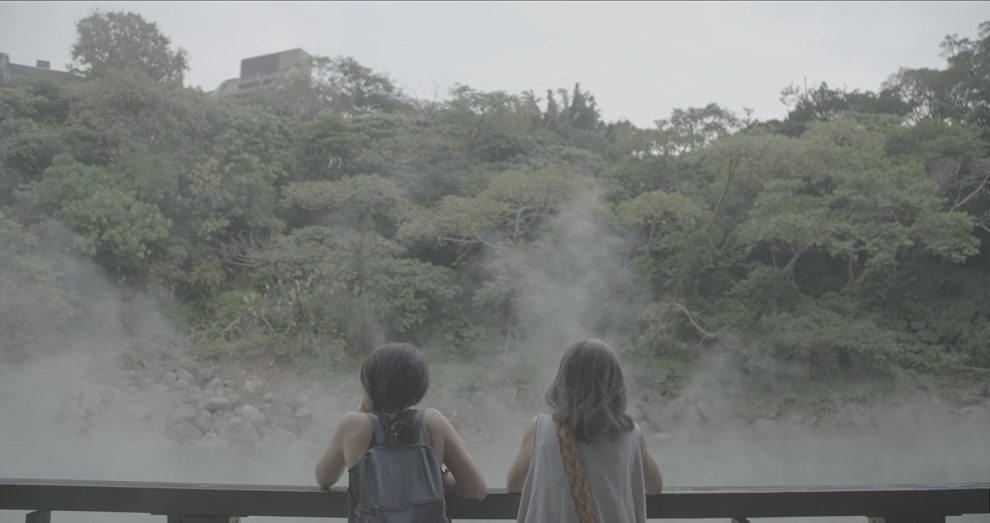While the concept of family is something everyone understands, it is only at certain times, for example, during the huge family events when we get to meet relatives we do not see every day, that we start to comprehend the enormity of the idea. It may be during times or events like these we feel like we are part of a bigger story which has been told for many generations and will continue with us. When Canadian filmmaker Tiffany Hsiung realized something was missing from her family, that a part of the story was unknown to her, she eventually set out to find the missing pieces which resulted in her short feature “Sing Me a Lullaby”, now screening at Toronto International Film Festival. 15 years in the making, it tells the story of Hsiung's search for her grandmother, who was separated from her mother Ru-Wen in the 1960s.
“Sing Me a Lullaby” is screening at Toronto International Film Festival

Over the course of 29 minutes, the viewer follows the long journey of the filmmaker as well as her mother to re-connect with their past and a part of their family they thought would never resurface. After her mother confessed to her about her past, how she wished to have someone to talk to like a mother, Hsiung considers this a challenge to finally search for her grandmother in Taiwan. With only a few resources and just two names to go on (which Hsiung is unable to pronounce), she starts a journey through the country and various state departments to finally get the information she needs. Eventually, she, as well as her Ru-Wen, are able to re-connect with their Asian family, a part of their past they thought was lost for so many years.
While the home-video aesthetics of the film along with the narration may define Hsiung's feature family story, it is essentially also a story about barriers and how to overcome them. Even though she is her mother, Hsiung confesses she has never experienced or heard any confirmation of that affection, making the sudden outburst of emotion during a family dinner even more surprising. The “minding your own business”-mentality, as Hsiung calls it at one point, is both frustrating and disappointing, but also poses a challenge to finally make a more profound connection and search for the reasons behind this behavior.
In the end, “Sing Me a Lullaby” is about a transformative experience, on an individual level and the family. Whereas the first encounter with Thailand was defined by administrations, paper work and an arduous search for answers, once her grandmother is found, Hsiung experiences a new connection to the country and its cultures, which also changes the overall tone of the feature. Interestingly, Ru-Wen seems to go through a similar transformation once she meets her “other” family for the first time in over 30 years, leading to a changed relationship with her daughter too.
“Sing Me a Lullaby” is a story about family, a tale of experience and transformation. Given the personal nature of the project, Hsiung's feature often touches and eventually encourages the viewer to search for that kind of special connection to his/her loved ones.















